As hurricane season approaches, it's crucial to ensure you and your loved ones are well-prepared for any potential storms. Having a solid plan in place can make all the difference when it comes to staying safe and minimizing damage. With the right information at your fingertips, you can navigate these challenging times with confidence. Join us as we dive into essential tips and resources to help you craft your hurricane preparedness planâread more to get started!
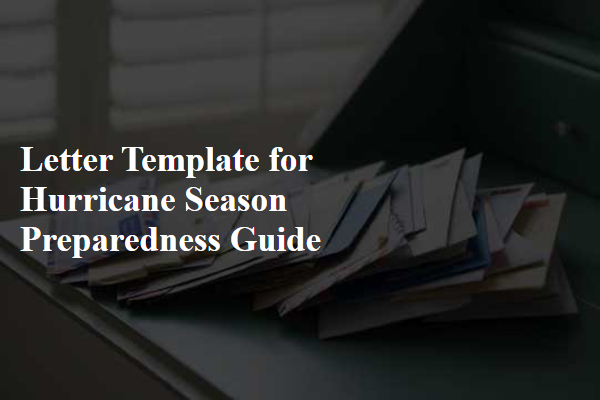
Introduction and Purpose
Hurricane season preparedness is crucial for communities vulnerable to intense storms, such as those along the Gulf Coast and the Atlantic. The purpose of this guide is to equip residents with essential strategies and resources for protecting lives and property during the annual hurricane threat, typically between June 1 and November 30. Increased awareness of coastal evacuation routes and emergency supply kits containing essentials such as non-perishable food, water, and first aid supplies is vital. By preparing in advance, individuals can significantly reduce the risk of damage and ensure the safety of their families during potentially catastrophic events, such as hurricanes of Category 3 and above, which can produce winds exceeding 111 miles per hour. Effective preparation can make all the difference in minimizing the devastating impacts of natural disasters.
Safety Guidelines and Evacuation Routes
Hurricane season preparedness is crucial for ensuring safety during storms, particularly in vulnerable regions like Florida and Louisiana. Important safety guidelines include securing windows and doors (using plywood or storm shutters) to resist high winds exceeding 100 miles per hour during Category 3 hurricanes. Creating an emergency kit is essential, containing sufficient food (at least three days' worth), water (one gallon per person per day), flashlights, batteries, and first aid supplies. Familiarizing yourself with local evacuation routes, such as Route 1 in South Florida or I-10 in Louisiana, allows for efficient escape from danger zones. Monitoring updates from the National Hurricane Center (NHC) provides timely alerts regarding storm paths and intensity, helping families stay informed and take appropriate actions before landfall. Additionally, maintaining an emergency contact list ensures that loved ones can be reached should communication systems fail.
Emergency Supplies Checklist
Hurricane season preparedness is crucial for ensuring safety and security during potential storms, particularly in regions like Florida, Texas, and Puerto Rico. An essential emergency supplies checklist includes items such as non-perishable food (canned goods, energy bars), clean water (one gallon per person per day for at least three days), a flashlight (battery-operated or solar-powered) with extra batteries, a first aid kit (including antiseptics and bandages), important documents (insurance policies, identification), medications (prescription and over-the-counter), and a multi-tool (for various applications). Additional items might include a whistle (to signal for help), garbage bags (for waste disposal), and a portable phone charger (to keep communication lines open). Ensuring each household has access to this comprehensive checklist can significantly enhance safety during the unpredictable storm season, historically between June 1 and November 30.
Contact Information for Local Authorities
During hurricane season, it's crucial to have accessible contact information for local authorities, such as the Emergency Management Agency (EMA) of your region, which coordinates disaster response. In many coastal areas, like Miami-Dade County, Florida, the phone number for the local EMA is (305) 468-5400, providing vital guidance on evacuation routes and shelter locations. Additionally, specific contact details for your county's sheriff's office, which can assist with emergency operations, often include numbers like (561) 688-3000 for the Palm Beach County Sheriff. Furthermore, local power companies, such as Pacific Gas and Electric (PG&E) in California, can be reached at 1-800-743-5000 to report outages and downed power lines. Having these numbers readily available ensures timely communication with authorities during emergencies.
Community Support and Resources
Hurricane season preparedness is crucial for coastal communities, especially in the Atlantic Basin, where storms frequently develop. Each year, from June 1 to November 30, residents in vulnerable areas such as Florida, Louisiana, and Texas must take proactive measures. Essential resources include local emergency management agencies, like the Federal Emergency Management Agency (FEMA), which provides guidelines and financial aid for disaster recovery. Community support initiatives often involve evacuation plans, emergency shelters equipped with food and water supplies, and communication systems through local radio stations, ensuring residents stay informed. It is vital to participate in preparedness training sessions and drills organized by local authorities to familiarize oneself with emergency protocols. Finally, making an emergency kit with essential items such as non-perishable food, first aid supplies, and flashlights can significantly enhance individual readiness for unexpected weather events.

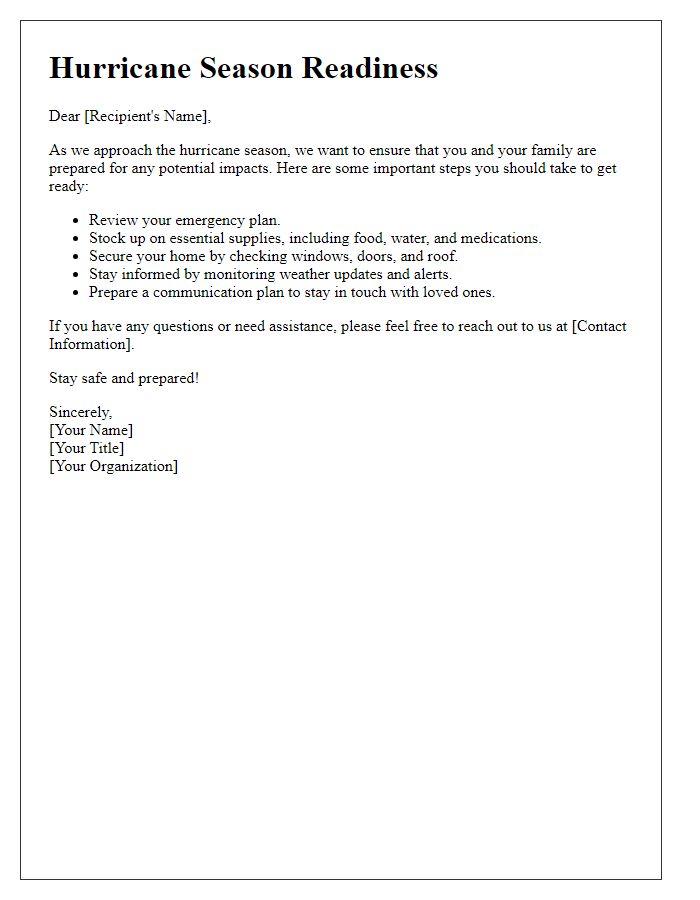
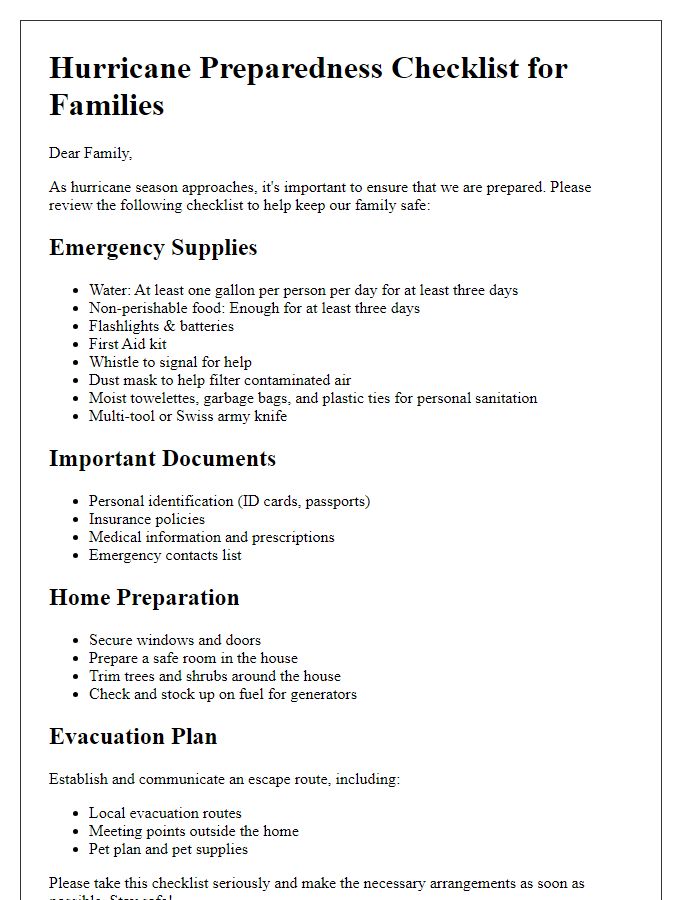
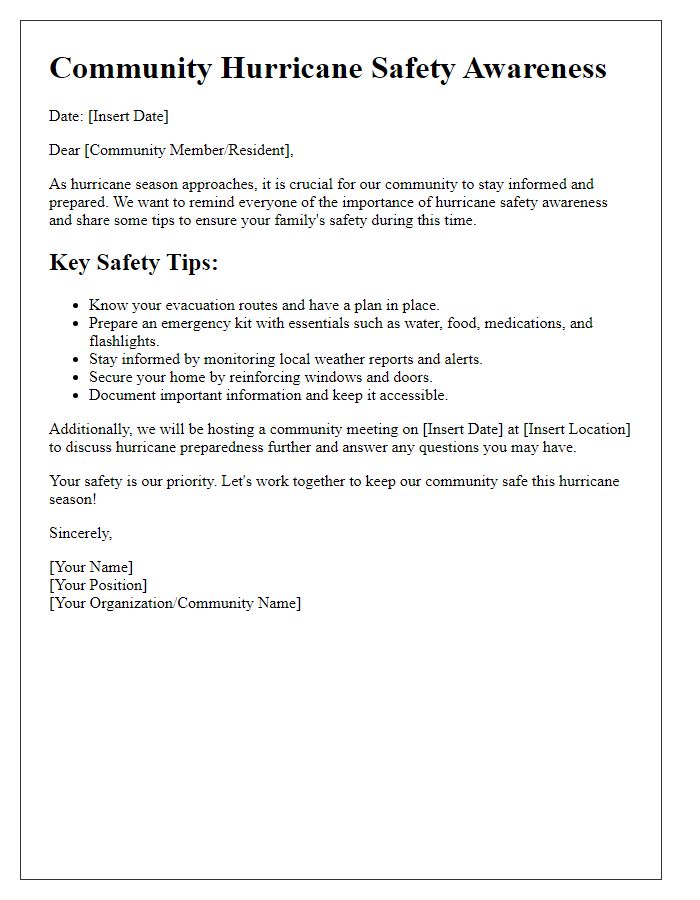
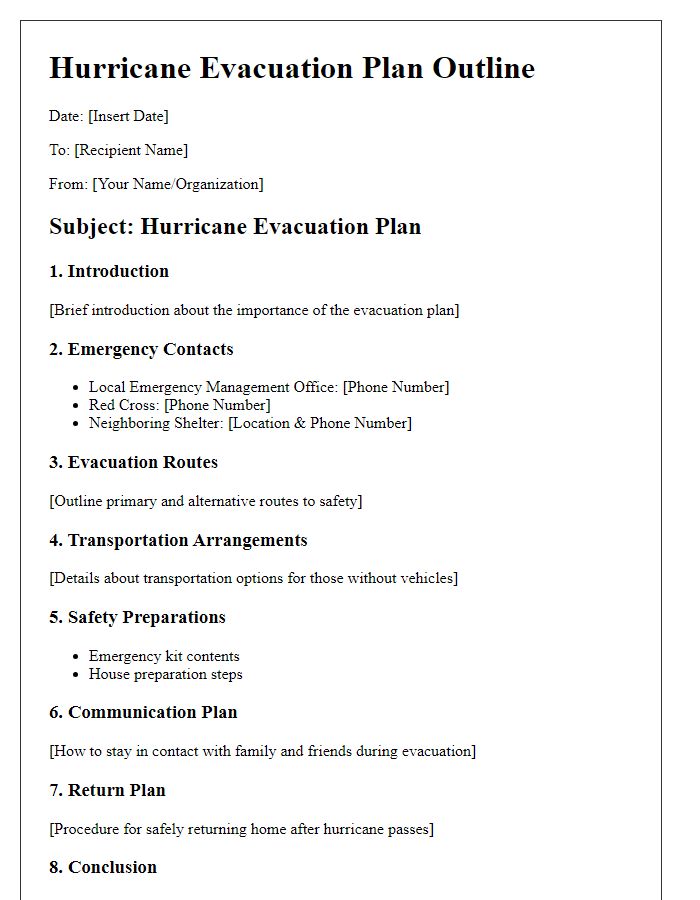
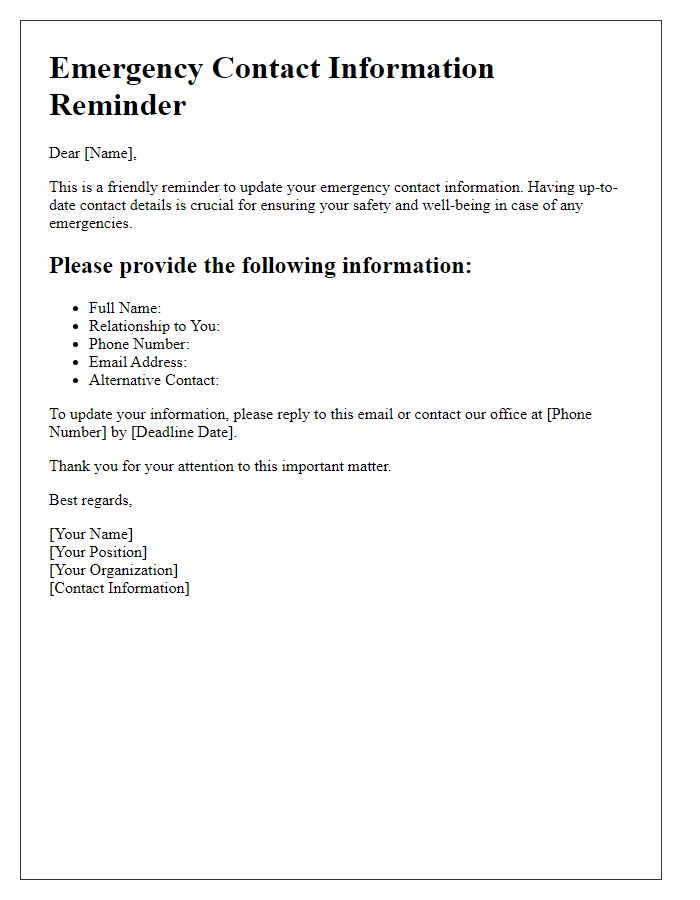
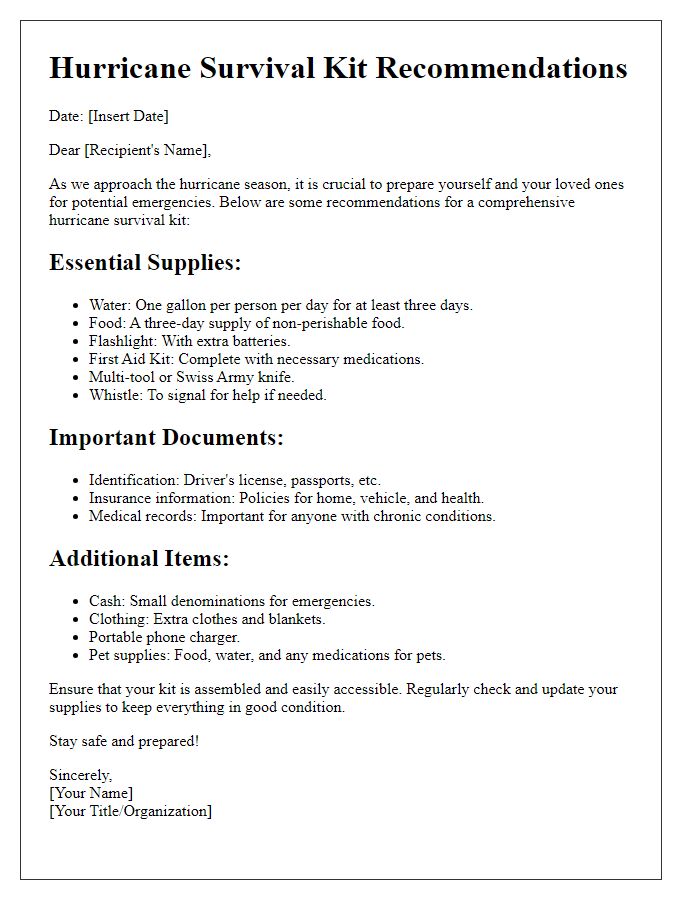
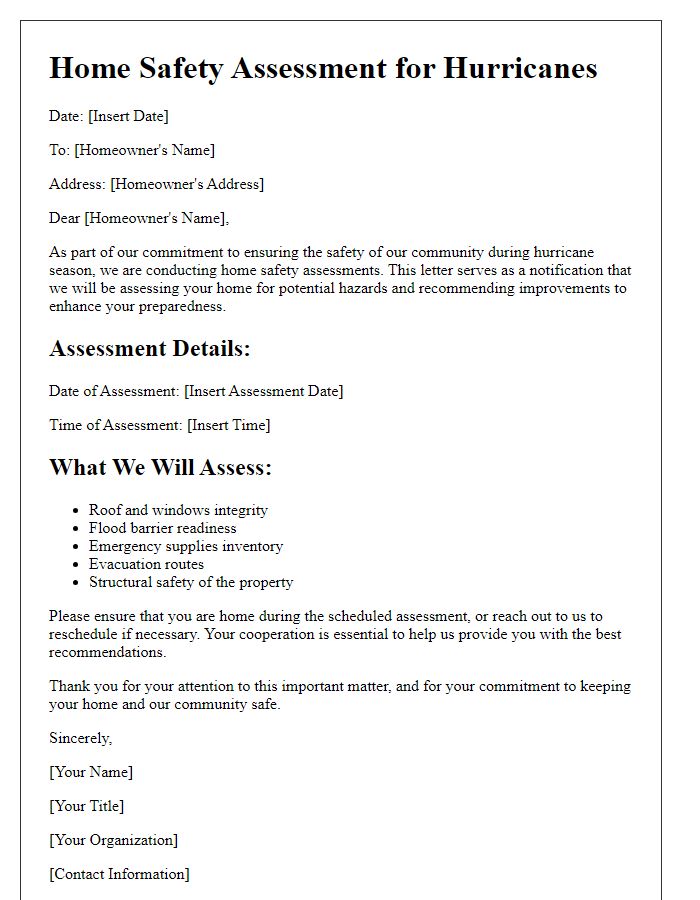
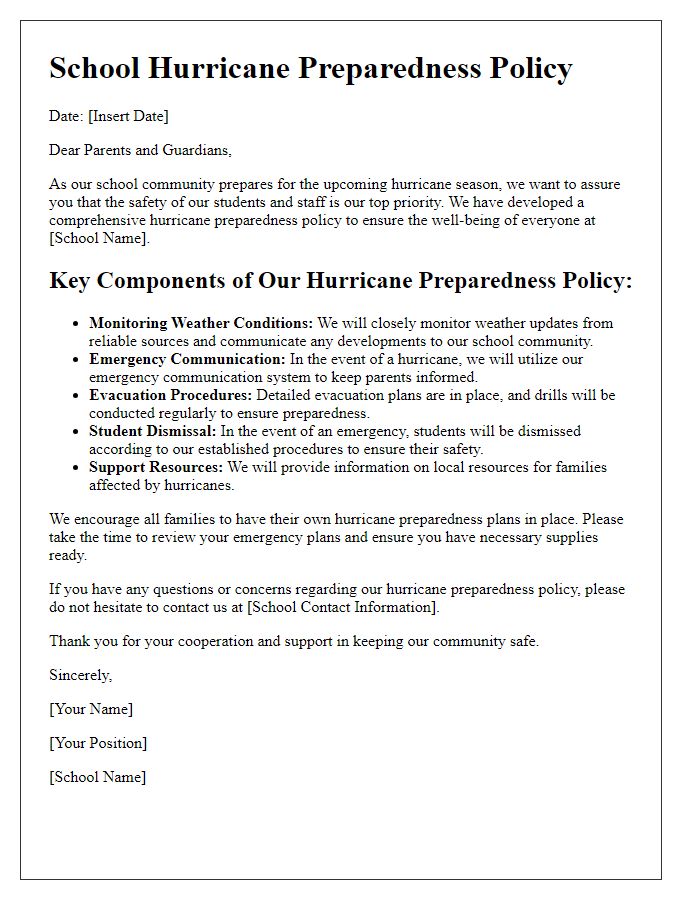
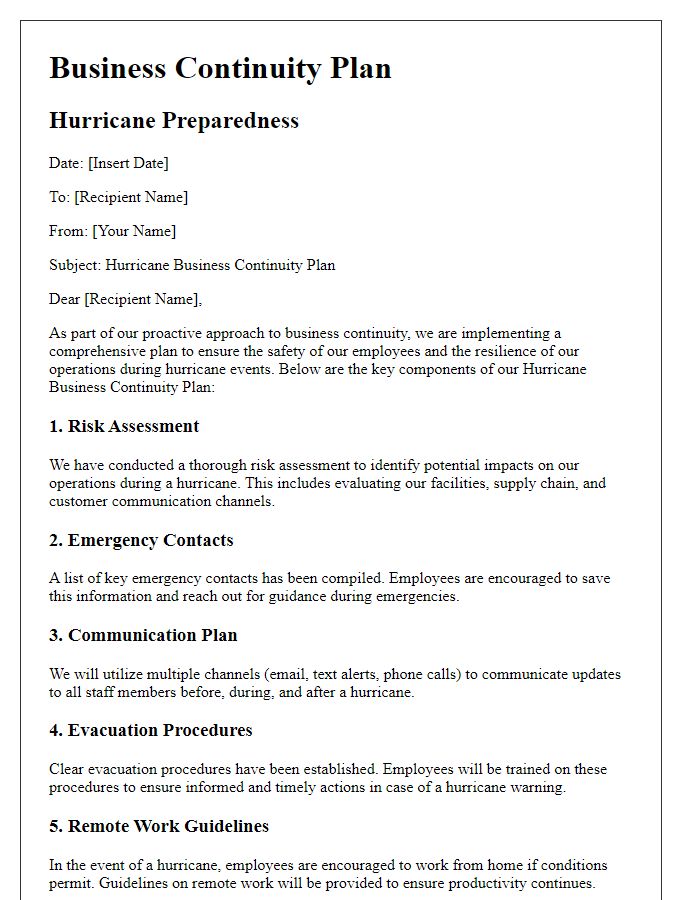
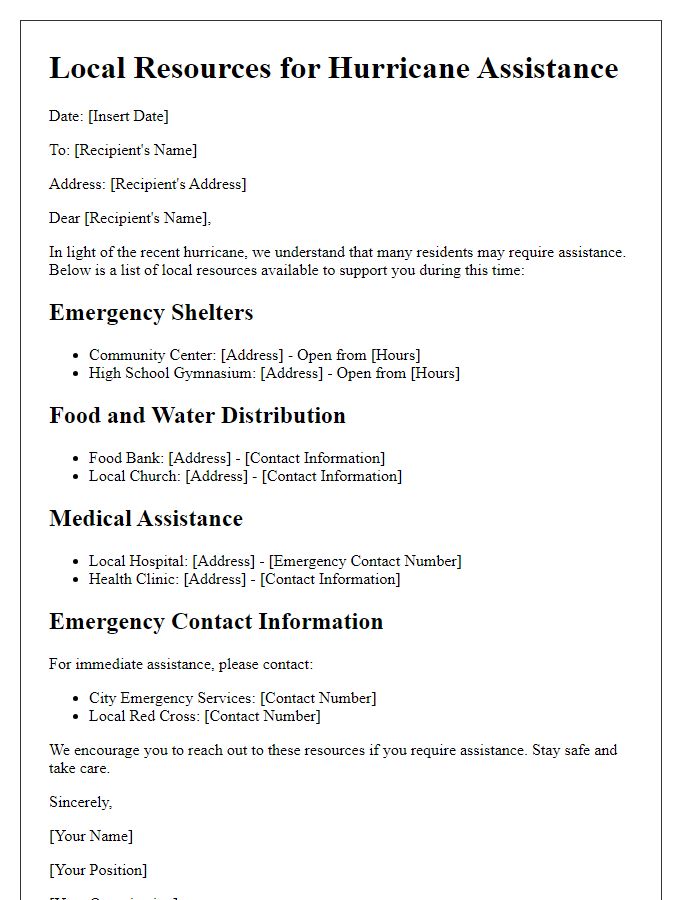


Comments